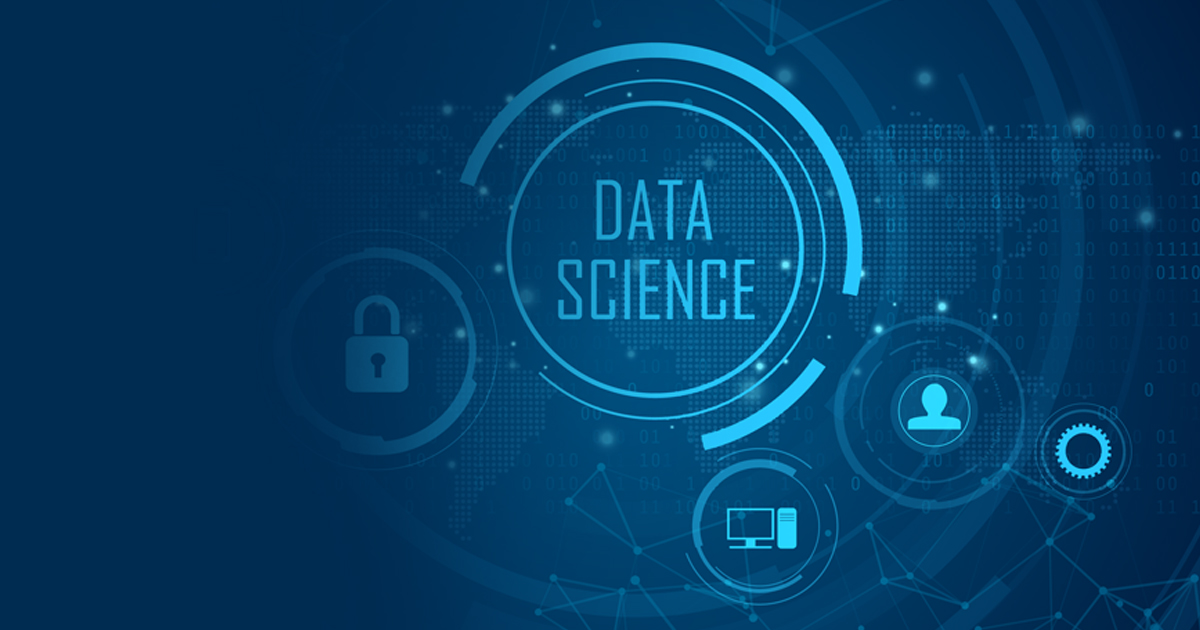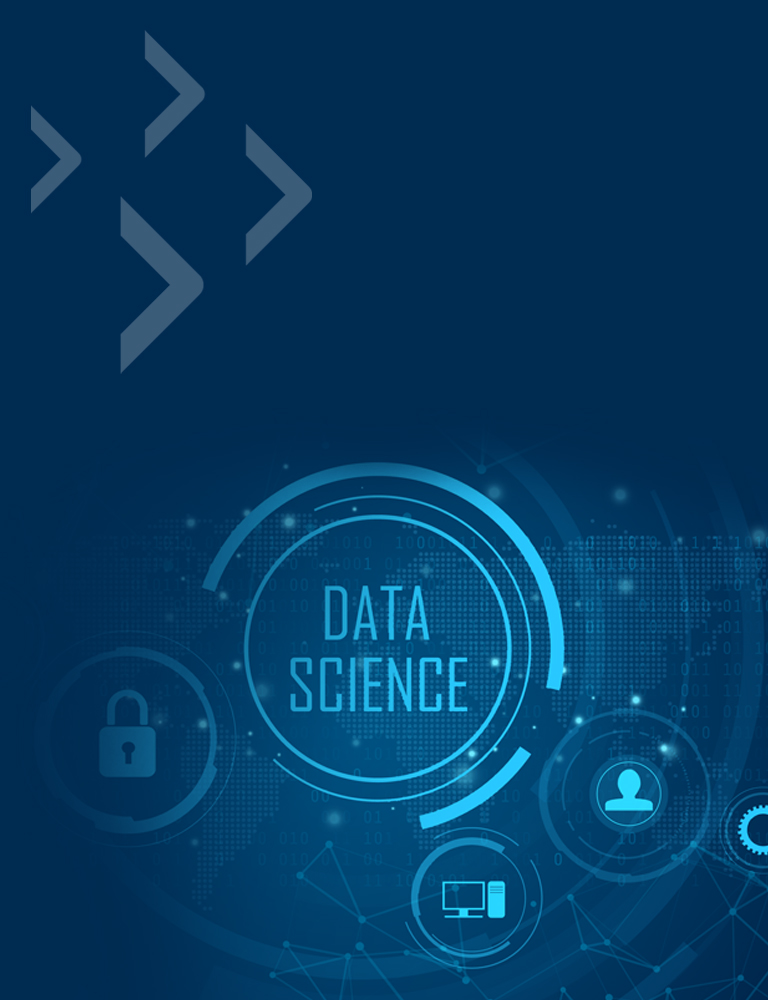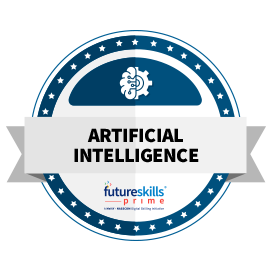Course Provider

What will you learn in this course?
In this course you will learn about:
- The major steps involved in tackling a data science problem.
- The major steps involved in practicing data science, from forming a concrete business or research problem, to collecting and analyzing data, to building a model, and understanding the feedback after model deployment.
- How data scientists think through tackling interesting real-world examples.
Data Science Methodology (DS0103EN)
-
 Skill Type
Emerging Tech
Skill Type
Emerging Tech -
 Domain
Artificial Intelligence/ Big Data Analytics
Domain
Artificial Intelligence/ Big Data Analytics -
 Course Category
Deepskilling Course
Course Category
Deepskilling Course -
 Certificate Earned Joint Co-Branded Participation Certificate
Certificate Earned Joint Co-Branded Participation Certificate -
 Nasscom Assessment Available
Nasscom Assessment Available -
 Course Covered under GoI Incentive
Yes
Course Covered under GoI Incentive
Yes -
-
 Course Price
INR 2,999
Course Price
INR 2,999 -
 Course Duration
10 Hours
Course Duration
10 Hours
-
Why should you take this course?
Fast forward yourself and get in line with emerging data science methodologies that are in use and are making waves or rather predicting and determining which wave is coming and which one has just passed
Who should take this course?
This course has one purpose, and that is to share a methodology that can be used within data science, to ensure that the data used in problem-solving is relevant and properly manipulated to address the question at hand. So this course is designed for everyone who has passion for Data Science.
Curriculum
- Module 1: From Problem to Approach
- Business Understanding
- Analytic Approach
- Module 2: From Requirements to Collection
- Data Requirements
- Data Collection
- Module 3: From Understanding to Preparation
- Data Understanding
- Data Preparation
- Module 4: From Modeling to Evaluation
- Modeling
- Evaluation
- Module 5: From Deployment to Feedback
- Deployment
- Feedback
- Final Project
Tools you will learn in this course:
- Jupyter Notebook
- R
FAQs
- Data science is an interdisciplinary field that uses scientific methods, processes, algorithms and systems to extract knowledge and insights from noisy, structured and unstructured data,[1][2] and apply knowledge and actionable insights from data across a broad range of application domains. Data science is related to data mining, machine learning and big data.
- Data science is a "concept to unify statistics, data analysis, informatics, and their related methods" in order to "understand and analyze actual phenomena" with data.[3] It uses techniques and theories drawn from many fields within the context of mathematics, statistics, computer science, information science, and domain knowledge. However, data science is different from computer science and information science. Turing Award winner Jim Gray imagined data science as a "fourth paradigm" of science (empirical, theoretical, computational, and now data-driven) and asserted that "everything about science is changing because of the impact of information technology" and the data deluge.




